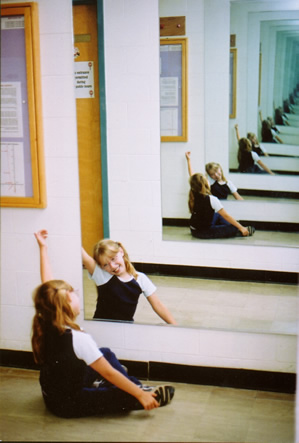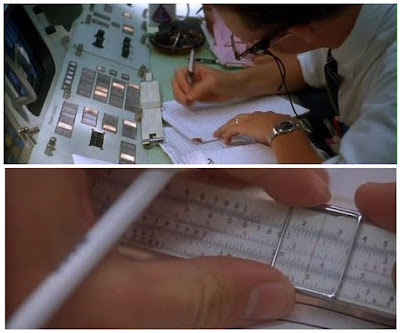There will be times when you are asked to reflect on your work in class. I usually end each unit of study by asking you to write a multi-paragraph essay about your learning.
I do this because looking back at your work and thinking about what you have learned, how you learned and what challenges you overcame is an important part of your education.
You will come to understand what strategies work best for you and what doesn’t work.
You will see how your understanding of the science content has grown - how much you have learned. You will see connections between things that you never knew existed.
Think about the Roadmap bulletin board last year's 7th grade made. They were looking back at all the things they learned. When they were working on it, many students said they were surprised about how much they learned last year. You never really think about it in the moment. It is only when you stop, look back and reflect on how far you've come that you begin to see the bigger picture. That's when you can really appreciate how hard you worked and how much you learned.
Think about the Roadmap bulletin board last year's 7th grade made. They were looking back at all the things they learned. When they were working on it, many students said they were surprised about how much they learned last year. You never really think about it in the moment. It is only when you stop, look back and reflect on how far you've come that you begin to see the bigger picture. That's when you can really appreciate how hard you worked and how much you learned.
Your teachers do this kind of reflective thinking all the time. We’re constantly looking back at our work and evaluating how things went. How to improve a lesson or an assessment for example.
Looking at your work, and using that experience to improve, is one of the most important skills you can develop in middle school. Being able to honestly reflect on your work will serve you well as you move into high school, college and the work force.
It’s really the only way any of us ever get better at what we do.









